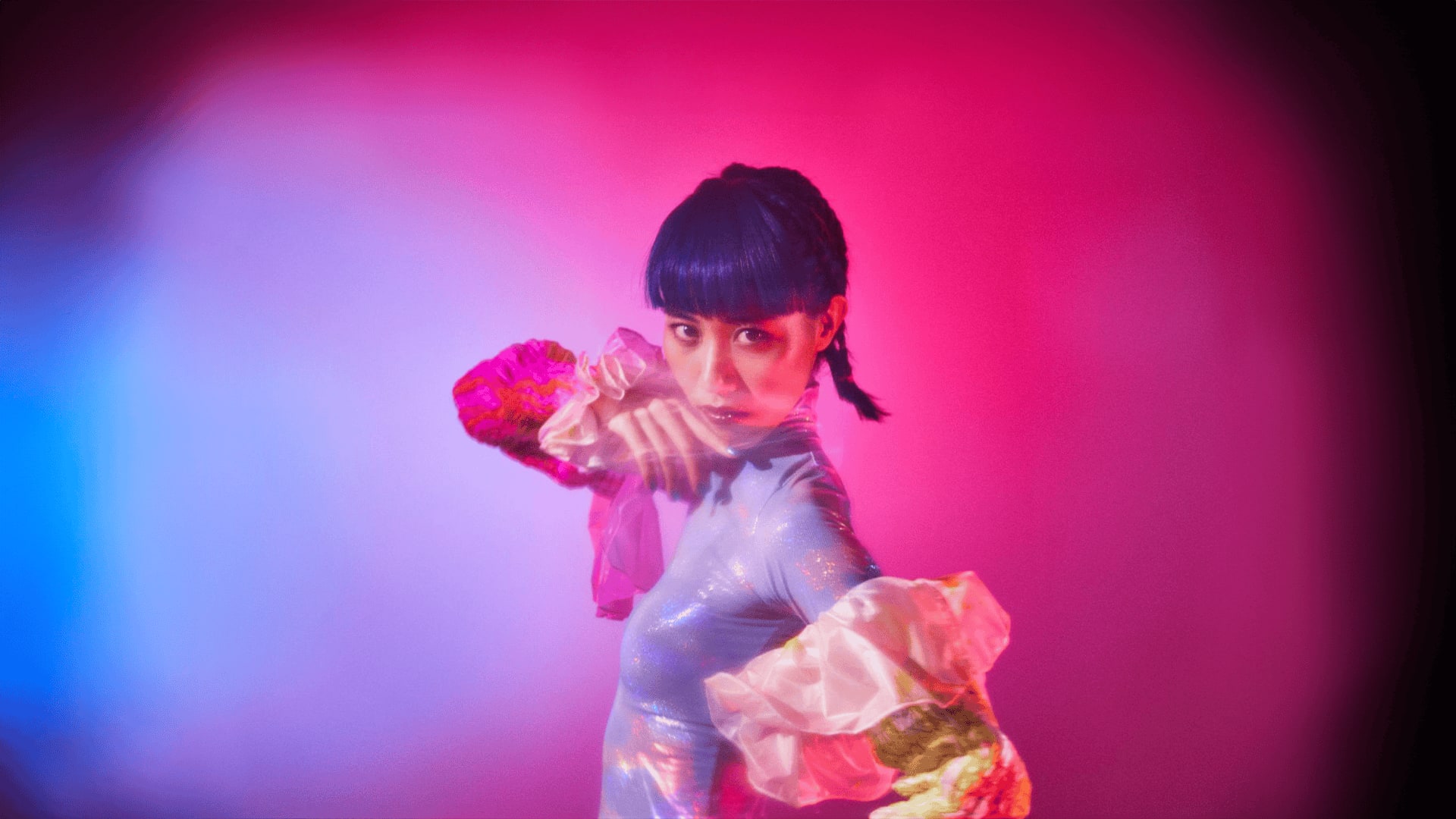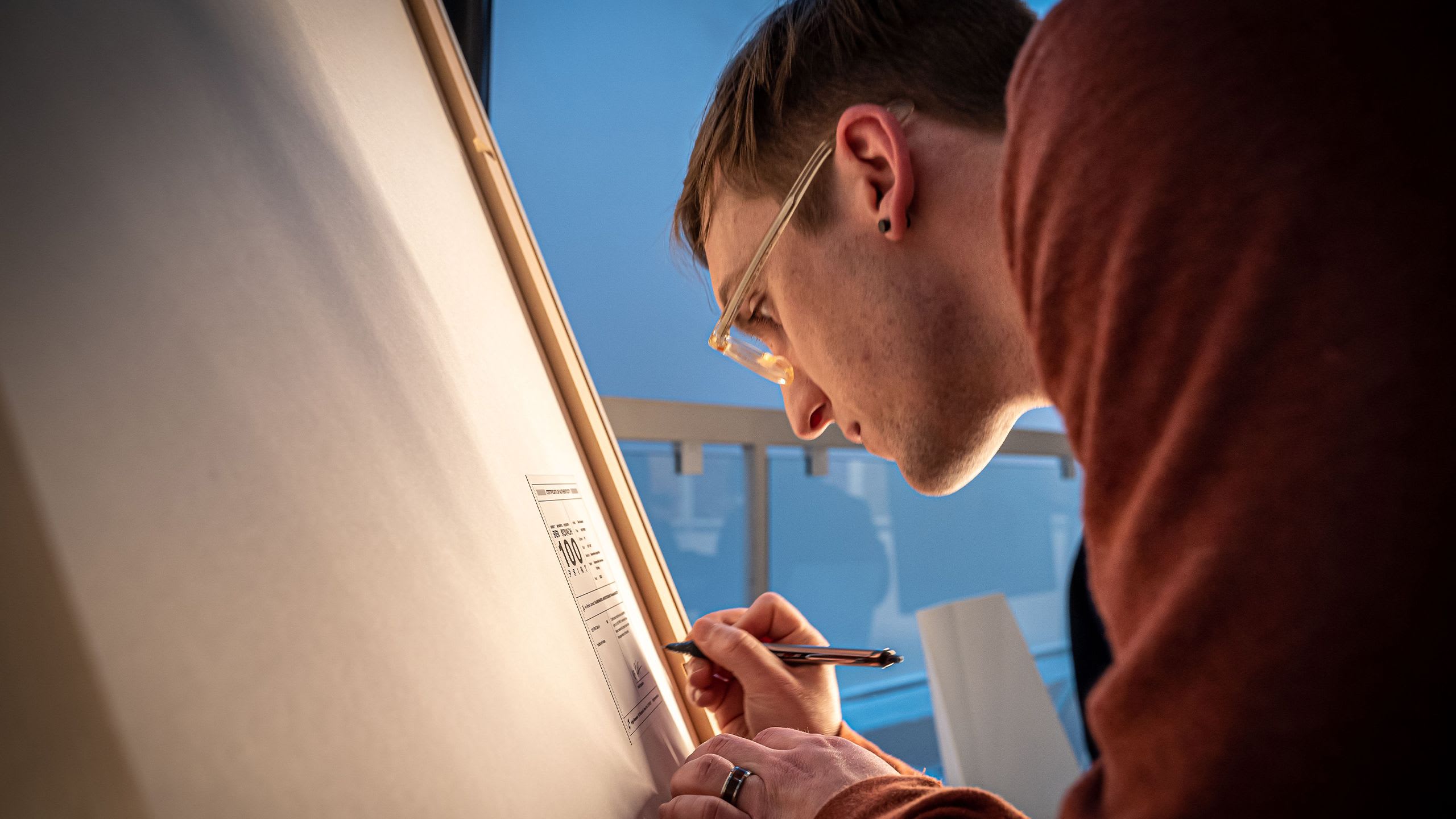The first time I generated a Chromie Squiggle on the Ethereum blockchain – I felt it immediately; an unmistakable frequency when the internet teaches you something new about itself.
The lesson didn’t originate from a whitepaper. Or an obscure message board.
The transmission was beaming out from live code.
And not just regular code. You know, the kind of code humans have written for decades to help build the digital world around us. Code that can be truly remarkable in its scale, but is often phased out as its usefulness decays.
No. This was code stored on a blockchain.
This code would run forever.
And incredibly, the onchain code behind Chromie Squiggle could be interacted with in ways that could generate unique artworks on-demand. Artworks that, up until the very moment I generated a transaction against the onchain code, even Snowfro would have never seen before.
Art created with Ethereum. Art stored permanently on Ethereum. Networked art, with few external dependencies.
Five years later, it’s never been more clear:
Chromie Squiggle did not just demonstrate a radical new path to crypto art commercialization and digital object permanence – although it certainly did both of these things. Chromie Squiggle, like all Art Blocks pieces that came afterward, will run forever, or as long as the Ethereum blockchain produces blocks.
Chromie Squiggle did not just demonstrate, like the 10,000 CryptoPunks that came before it, how a unified collection of iterative works could generate compounding culture effects on the internet, far outweighing the scarcity benefits of a single object.
Although, it did this too.
At its core – Chromie Squiggle demonstrated that verifiable randomness, the defining design principle in the medium of generative art, could finally extend to both the creation and collecting process for code-created art.
For this reason, I believe Snowfro’s innovations completed the missing puzzle piece for code-based artwork; and, I believe Chromie Squiggle was the definitive instructional artwork for the world’s creative coders to see how verifiable randomness could be leveraged across generative artmaking.
Today, as both an object of art and an icon of history, Chromie Squiggle represents one of our space’s most influential collections for its work pioneering these standards.
And, it remains to this day, my favorite artwork ever created with code.




